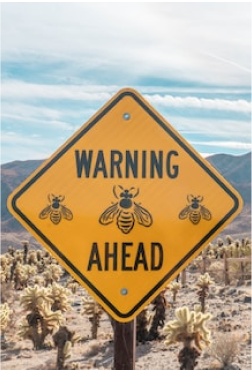About ERA
Our Impact

Helping Africa achieve the Sustainable Development Goals
How we are helping Africa achieve the SDGs

Global maternity mortality
Reduce the global maternal mortality ratio to less than 70 per 100,000 live births

Reduce neonatal mortality
End/Reduce neonatal mortality to at least as low as 12 per 1,000 live births and under-5 mortality to at least as low as 25 per 1,000 live births

Global deaths and Injuries
Halve the number of global deaths and injuries from road traffic accidents.

Universal health coverage
Achieve universal health coverage, including financial risk protection, and access to safe, effective, affordable and quality essential health-care services

Hazardous chemicals and air
Substantially reduce the number of deaths and illnesses from hazardous chemicals and air, water and soil pollution and contamination.

Health workforce
Substantially increase health financing and the recruitment, development, training and retention of the health workforce in developing countries, small island developing States.

Health risk capacity
Strengthen the capacity of all countries, in particular developing countries, for early warning, risk reduction and management of national and global health risks.
Theory of Change
Effective emergency medical services
is a tool for economic growth
- Improved key health indicators like life expectancy, maternal and infant mortality, preventable deaths etc.
- Country attracts and retains strong talent including healthcare workers
- Increased sense of safety and trust in the community; better place to live and do business
- Country experiences economic development

